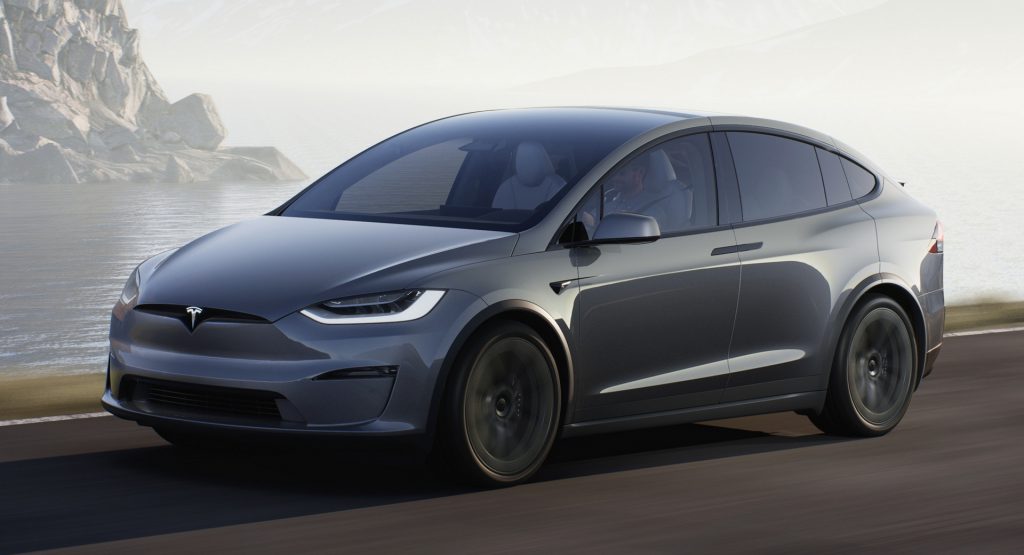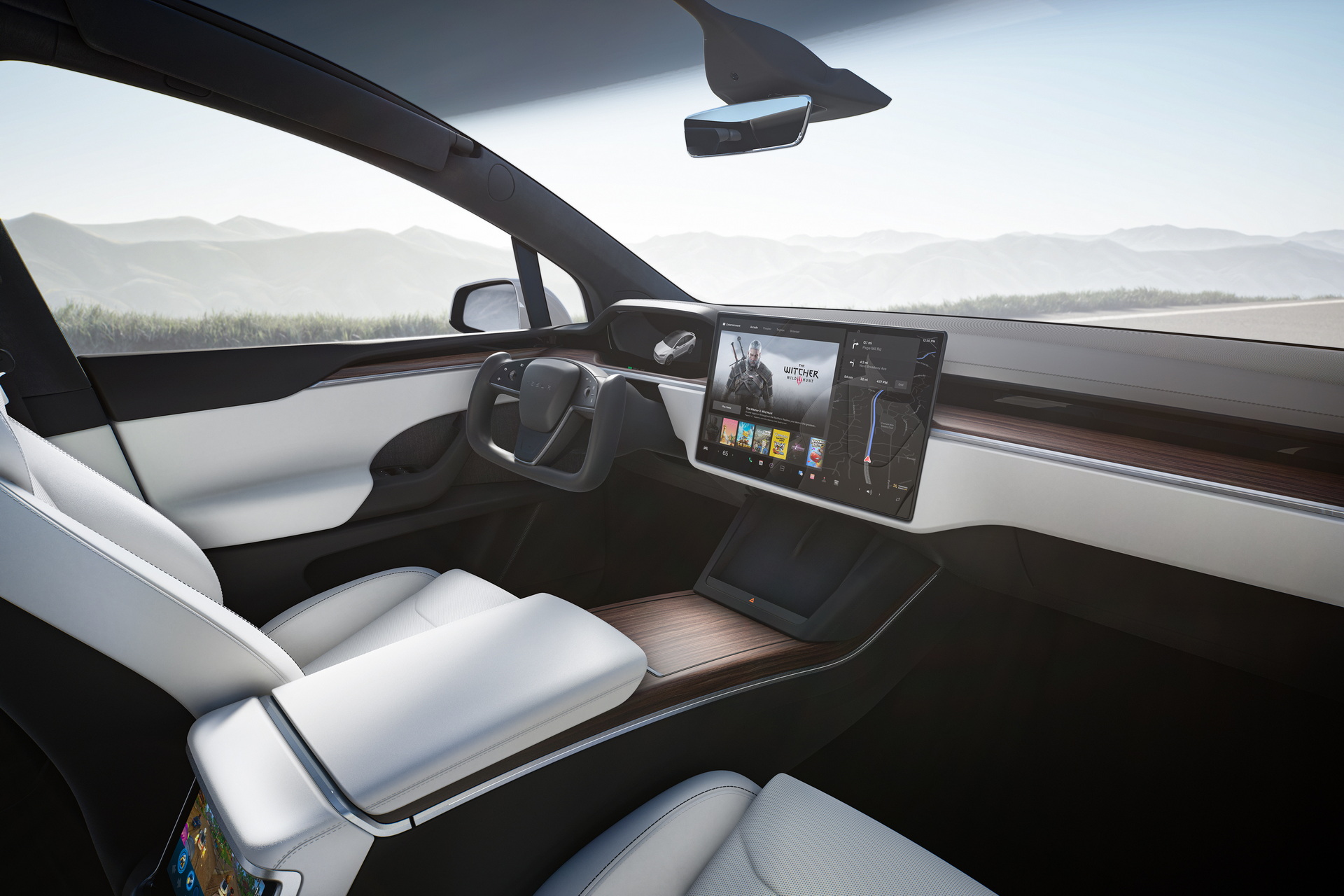Tesla’s driving data storage system has been decrypted, claims the Dutch government’s forensic lab. Long kept from others, the information gives the lab access to considerably more information than it previously knew existed.
Although it has long been known that Teslas record driving data and some data has historically been presented to investigators after accidents, the Netherlands Forensic Institute (NFI) says that it has discovered how to access all the information being kept by the cars, reports Reuters.
“These data contain a wealth of information for forensic investigators and traffic accident analysts and can help with a criminal investigation after a fatal traffic accident or an accident with injury,” Francis Hoogendijk, a digital investigator at the NFI, said in a statement.
Read Also: Tesla’s Latest Full Self-Driving Beta Introduced To Owners With Perfect Safety Score
According to a report published by the NFI, Tesla “only supplies a specific subset of signals, only the ones requested, for a specific timeframe.” That meant that investigators could request information about, say, whether or not Autopilot was operating, but other driving information was kept private.
Per the NFI, that presented a limitation to investigators. “You cannot claim what you do not know,” the institute said.
With this new discovery, the NFI can access the log files that “contain all recorded signals.” The information has already been used by the institute in investigating an accident involving a Tesla.
Data discovered by the NFI indicated that although the driver of a Tesla involved in a collision with the car ahead of it reacted within the expected response time to a warning to resume control, the Tesla was following the vehicle ahead of it too closely.
“That makes it interesting, because who is responsible for the following distance: the car or the driver?” said NFI investigator Aart Spek.
Whether the driver is responsible for setting the following distance too close, or the system for allowing the driver to follow at a distance that did not allow enough time to prevent an accident, even when the driver reacted as quickly as could be expected, is now the question.
The discovery also raises privacy concerns, though. While investigators are always hungry for more data, the information reveals almost everything about a driver’s movements. The issue is one that has already emerged in China, with that nation’s government banning Teslas from its military locations for fear of camera data from cars leaking.
Just how the Dutch government plans to preserve Tesla drivers’ privacy remains unclear. The information may be useful to other governments, though, such as the U.S. regulators that are currently investigating Tesla over its driver assistance systems.





